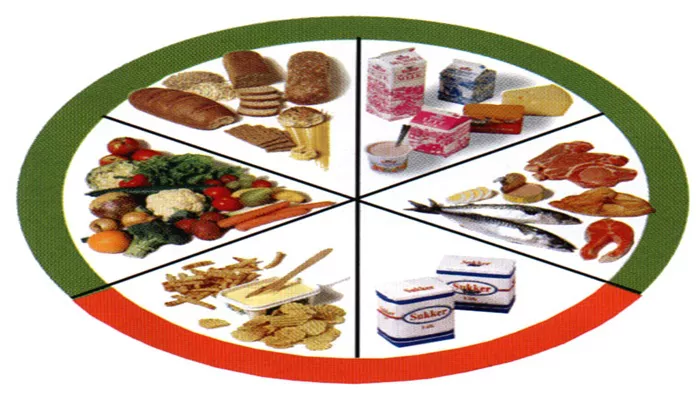California has passed a law that requires baby food manufacturers to disclose the levels of toxic heavy metals, including lead, in their products.
For years, parents have been unaware of the harmful levels of heavy metals in some baby foods. However, a new law, Assembly Bill 899, changes that. The law mandates that baby food makers test their products monthly for arsenic, cadmium, lead, and mercury. Starting January 1, manufacturers must share the test results publicly on their websites.
Parents in California can now scan QR codes on baby food labels to see the levels of heavy metals present. While the law applies specifically to products made or sold in California, major food manufacturers are extending this transparency nationwide.
“Parents should view this as a victory,” said Dr. Inderpal Randhawa, a pediatrician and medical director at MemorialCare Miller Children’s & Women’s Hospital in Long Beach. “It’s important for consumers to know about food contaminants.”
The move follows new guidelines from the U.S. Food and Drug Administration (FDA) on lead levels in processed baby foods, such as jarred fruits and vegetables. The FDA now limits lead to 10 parts per billion (ppb) in most baby foods, including fruits, vegetables, grain-based mixtures, and puddings. For root vegetables and dry infant cereals, the limit is set at 20 ppb.
These guidelines apply to packaged foods for babies and toddlers under 2 years old, including jars, pouches, tubs, and boxes, but exclude infant formula, beverages, and snack foods like teething biscuits.
The new FDA limits follow a serious health scare earlier this year when lead-tainted apple cinnamon purees sickened more than 560 children in the U.S. between October 2023 and April 2024. The lead levels in those products were found to be over 2,000 times higher than the FDA’s safe limit.
“There is no safe level of lead exposure for children,” said Thomas Galligan, a principal scientist at the Center for Science in the Public Interest. “Before today, there were no clear federal limits on lead in children’s foods, and the industry was left to regulate itself.”
Galligan praised the FDA’s new action but also criticized the agency for taking too long to implement the standards. “This is a step forward, but the agency could have acted sooner,” he added.
Related topics:


